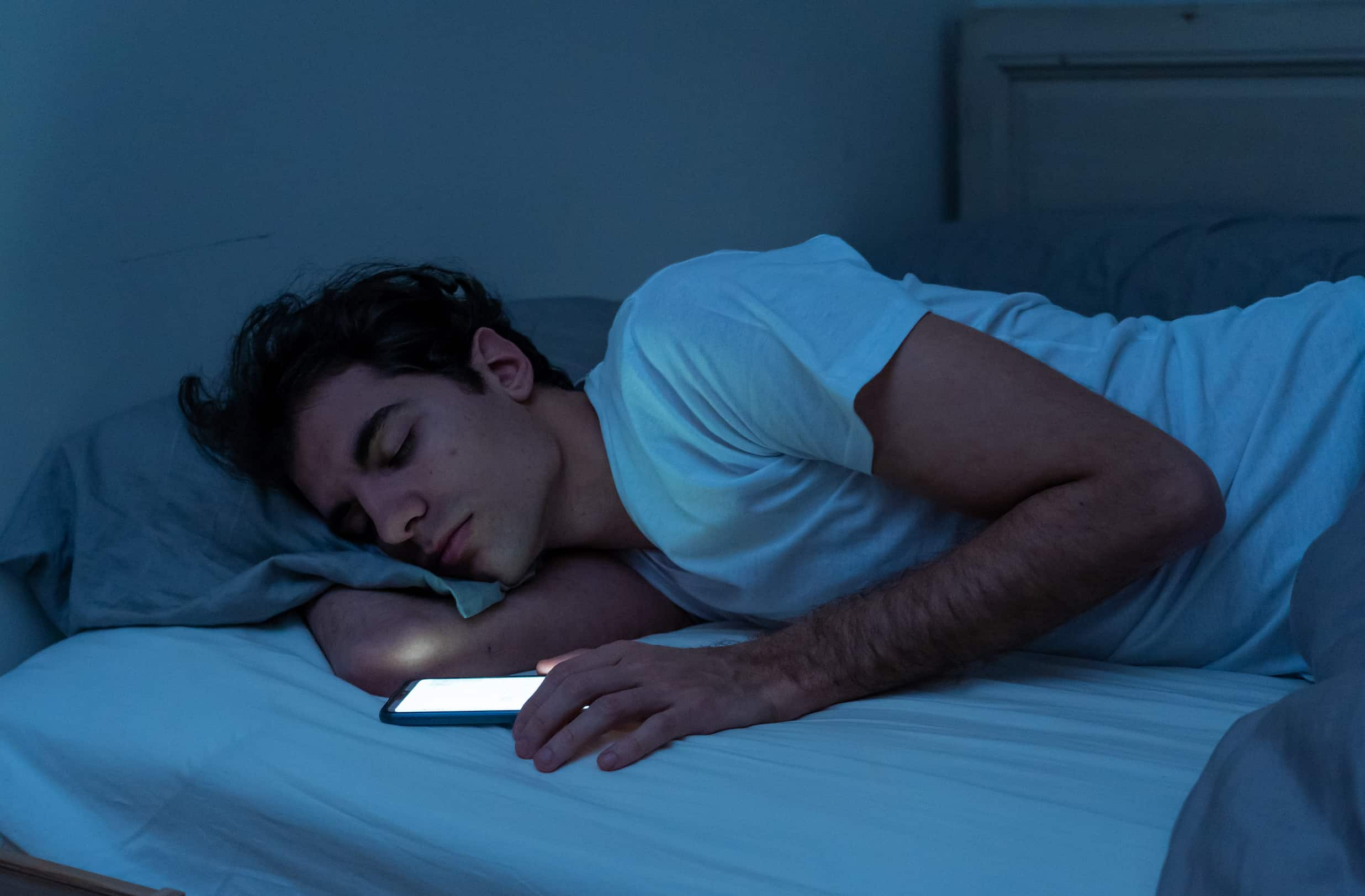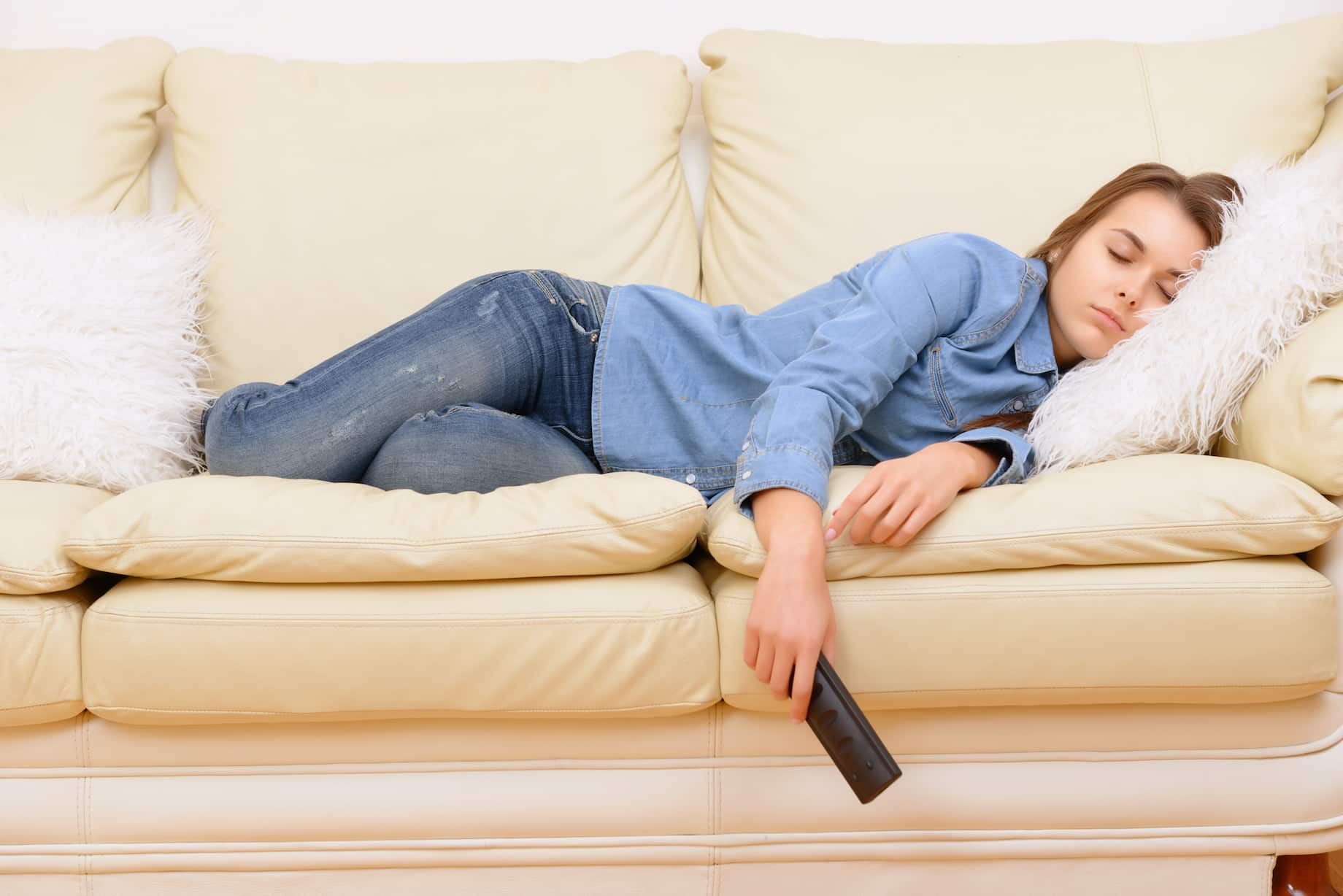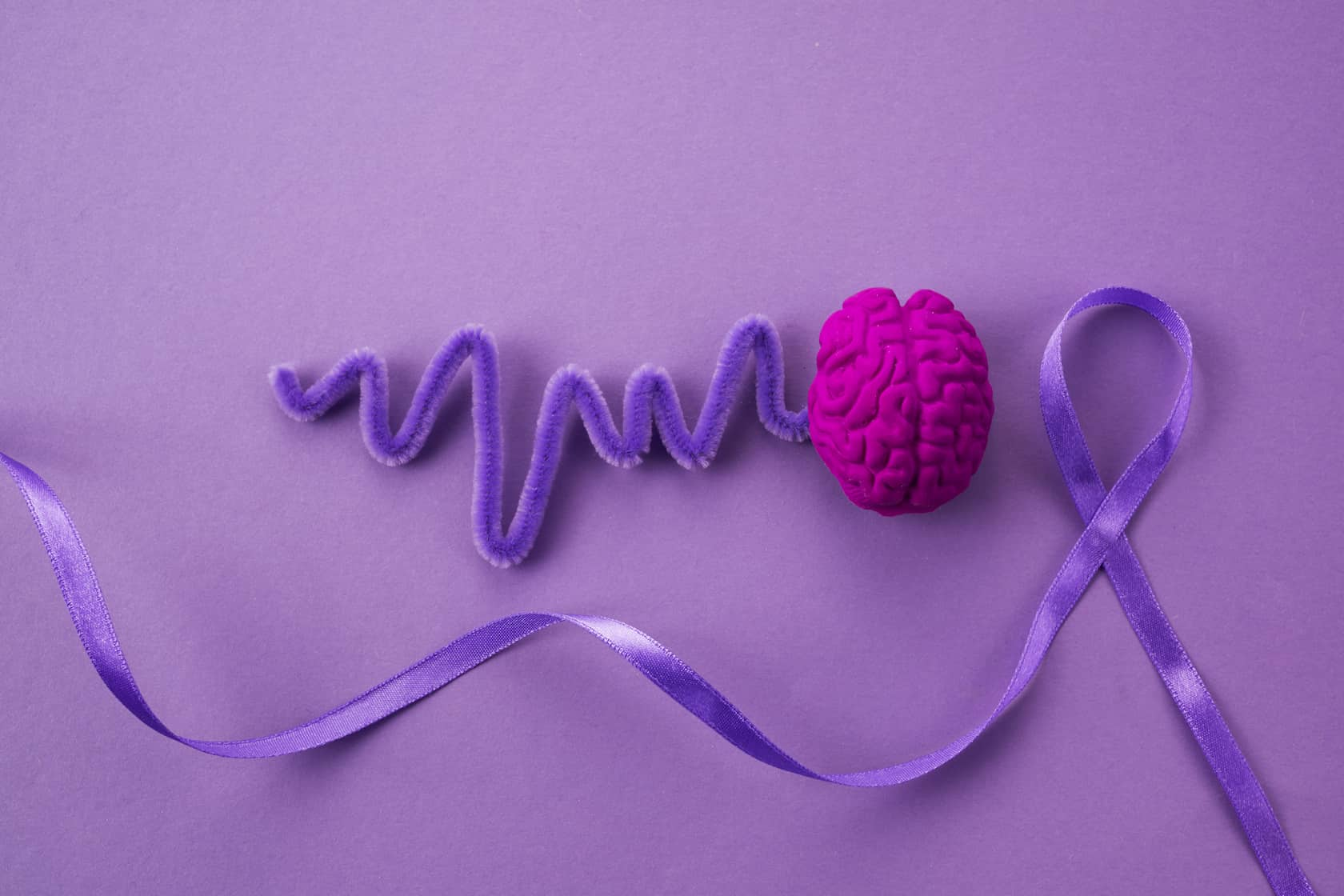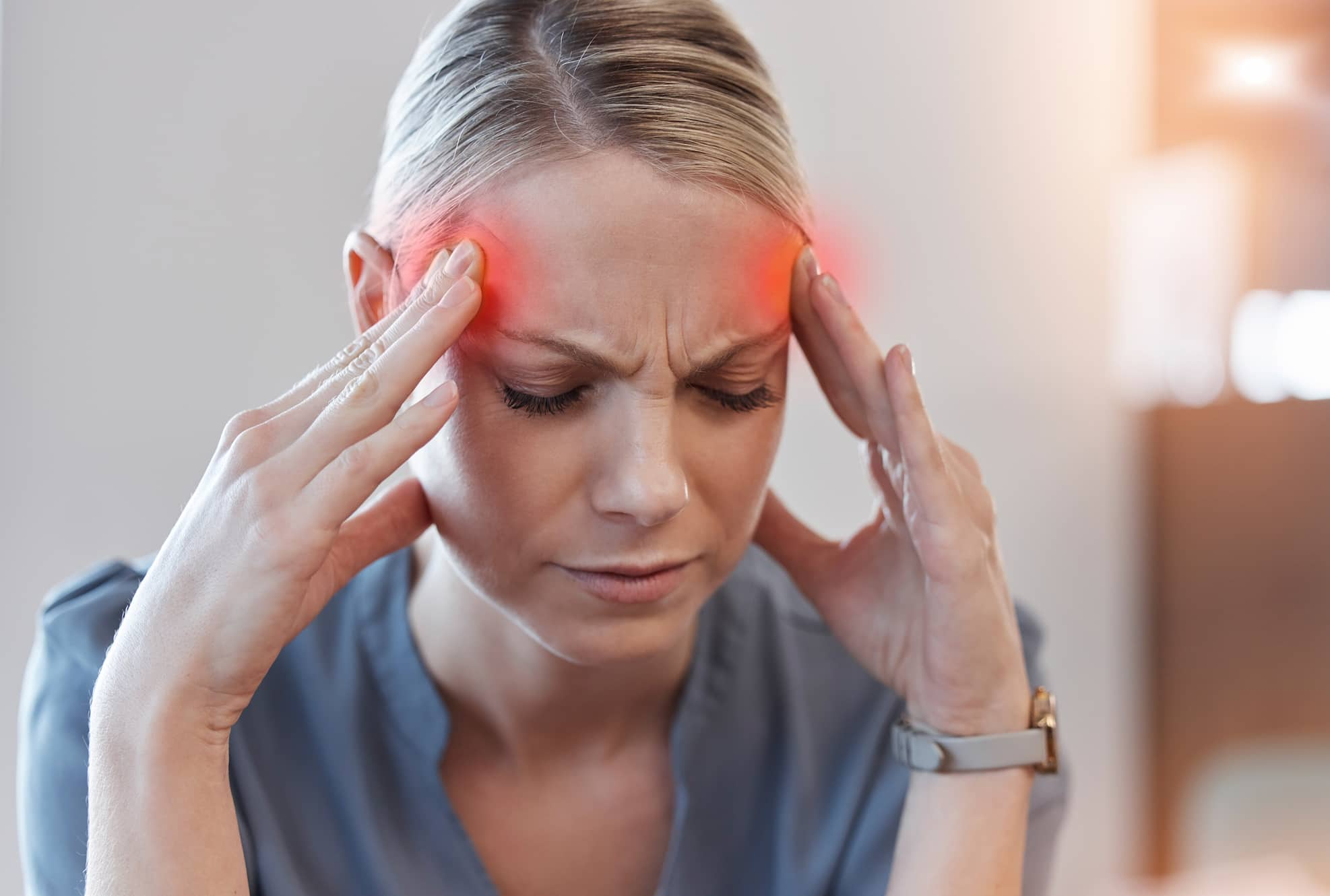
How Electronics Affect Your Sleep?
In today’s modern society, we are surrounded by electronics, and many of us use these devices throughout the day and even at night. From smartphones to laptops, televisions to tablets, we are constantly connected and plugged in. However, this constant use of electronics can have negative effects on our health, particularly on our sleep. In this article, we will explore the science behind how electronics affect your sleep, and provide tips on how to improve your sleep quality.
Why Is Using Electronics at Night Bad?
Using electronics at night has become a common habit for many people in today’s society. Many of us have a hard time disconnecting from our devices, whether it be scrolling through social media, watching TV, or answering work emails. However, the use of electronics at night can have negative effects on our sleep, health, and overall well-being.
One of the main reasons why using electronics at night is bad is because of the blue light emitted by these devices. Blue light can suppress the production of melatonin, a hormone that helps regulate sleep-wake cycles. When melatonin levels are low, it can make it difficult to fall asleep and stay asleep, leading to fatigue and daytime drowsiness. Additionally, the use of electronic devices before bed can disrupt the circadian rhythm, making it harder for our bodies to recognize when it’s time to sleep and wake up.
Another reason why using electronics at night is bad is that it can be mentally stimulating. Watching TV or scrolling through social media can be addictive and cause stress and anxiety, making it harder to relax and fall asleep. Additionally, the use of phones and other devices can lead to feelings of FOMO (fear of missing out) and disrupt our ability to disconnect and unwind at the end of the day. Overall, using electronics at night can negatively impact our mental health, making it even more important to establish healthy sleep habits and limit screen time before bed.

Does Electronics Light Damage Sleep?
Yes, the blue light emitted by electronic devices can damage sleep. Studies have shown that exposure to blue light at night can suppress the production of melatonin and delay the onset of sleep. This can lead to difficulty falling asleep and staying asleep, and can ultimately result in sleep deprivation.
In addition to disrupting the sleep-wake cycle, blue light can also affect the quality of sleep. One study found that exposure to blue light before bed reduced the amount of deep sleep participants experienced, which is important for memory consolidation and feeling rested upon waking.
Does Watching Tv Before Bed Affect Sleep Quality?
Yes, watching TV before bed can affect sleep quality. Like other electronic devices, TVs emit blue light, which can suppress the production of melatonin and disrupt the sleep-wake cycle. Additionally, watching TV before bed can be mentally stimulating, making it harder to relax and fall asleep.
It’s not just the blue light and mental stimulation that can affect sleep quality, however. Watching TV before bed can also be a source of stress or anxiety, particularly if you are watching something that is emotionally charged or violent. This can keep your mind active and prevent you from falling asleep easily.
Does Phone Radiation Affect Sleep?
While there is still some debate about the effects of phone radiation on sleep, there is evidence to suggest that it can have negative effects. Some studies have found that exposure to electromagnetic radiation from cell phones can interfere with sleep patterns, leading to difficulty falling asleep and staying asleep.
One possible explanation for this is that exposure to phone radiation can affect the production of melatonin, as well as other hormones that regulate sleep. Additionally, the mental stimulation and stress that can come from using your phone before bed can also affect sleep quality.
Side Effects Of Using Phone at Night
In addition to the effects on sleep, using your phone at night can have other negative side effects. One of the most common is eye strain, which can cause headaches, blurred vision, and dry eyes. This is because the bright screen can cause the muscles in your eyes to work harder than they should, leading to fatigue and discomfort.
Another potential side effect of using your phone at night is a decrease in cognitive function. Studies have shown that exposure to blue light before bed can impair cognitive function, including memory, attention, and reaction time. This can lead to difficulty concentrating and decreased productivity the following day.
The Study of How Electronics Affect Your Sleep
Studies have consistently shown that exposure to blue light at night can suppress the production of melatonin and delay the onset of sleep. For instance, a recent study published in the Journal of Sleep Research followed a group of participants exposed to electronic devices before bedtime. It revealed a significant disruption in their sleep-wake cycles, leading to difficulties in both falling asleep and maintaining restful sleep. The research reinforces the importance of understanding how the blue light emitted by electronic devices can detrimentally impact sleep patterns.
This in-depth analysis highlights the significance of minimizing exposure to blue light from electronics before bedtime and underlines the need to develop healthy sleep hygiene practices. By implementing these recommendations, you can improve your sleep quality and overall well-being.
How Long Before Bed Should You Stop Using Electronics?
Ideally, you should stop using electronics at least one hour before bed to allow your brain to wind down and prepare for sleep. This will give your body enough time to produce melatonin naturally and allow you to feel tired and ready for sleep.
If you absolutely need to use your electronic devices before bed, there are ways to minimize the negative effects. One option is to use a blue light filter, which can reduce the amount of blue light emitted by your device. Many devices now come with built-in blue light filters, or you can download an app or purchase special glasses that block blue light.
Another option is to use the “night mode” feature on your device, which reduces the amount of blue light emitted and shifts the display to warmer, more yellow tones. This can make it easier on your eyes and help your brain recognize that it is nighttime.
Finally, it’s important to establish good sleep hygiene habits that can help you fall asleep more easily and improve the quality of your sleep. This includes establishing a regular sleep schedule, avoiding caffeine and alcohol before bed, and creating a relaxing bedtime routine that does not involve electronic devices.
Healthy Türkiye Notes
The use of electronics at night can have negative effects on our sleep, health, and overall well-being. The blue light emitted by electronic devices can suppress the production of melatonin, disrupt the sleep-wake cycle, and lead to difficulty falling asleep and staying asleep. Watching TV before bed and using your phone at night can also be mentally stimulating, causing stress and anxiety that can affect sleep quality.
To minimize the negative effects of electronics on sleep, it’s important to establish good sleep hygiene habits and limit screen time before bed. This includes using a blue light filter or night mode on your device, avoiding caffeine and alcohol, and creating a relaxing bedtime routine. By taking these steps, you can improve the quality of your sleep and wake up feeling rested and refreshed.




